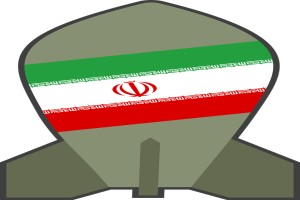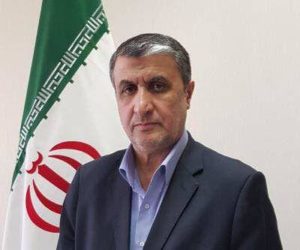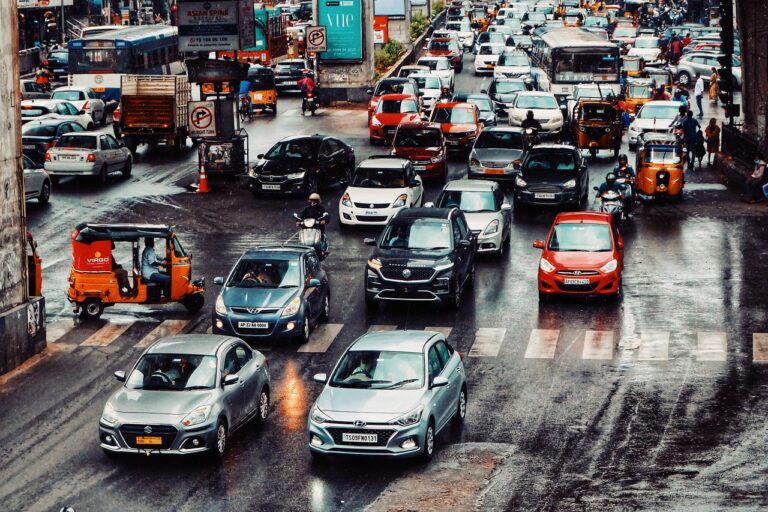

Tehran: On September 12, 2021, when the visiting Director General of the International Atomic Energy Agency (IAEA), Rafael Grossi, and Mohammad Eslami, Vice-President and the Head of Atomic Energy Organization of Iran (AEOI), were signing a joint statement on the issue of monitoring and verification of Iran’s nuclear programme, a moved welcomed by China, Israel’s Minister of Foreign Affairs Yair Lapid was condemning Iran’s nuclear program and the Iranian “attempt to become a regional power by spreading terror and violence”.

In the joint statement, IAEA and Iran decided to maintain their mutual interactions and meetings at relevant levels “in the framework of the existing cooperation”. In this meeting, the joint statement said, the parties recalled and reaffirmed the spirit of cooperation and mutual trust and its continuation and emphasized on the necessity of addressing the relevant issues in a constructive atmosphere and exclusively in a technical manner. To this end, Iran’s Head of AEOI will meet the IAEA Director General at the sidelines of the upcoming General Conference, and the IAEA Director General will also visit Tehran in the near future to hold high level consultations with the Government of the Islamic Republic of Iran with the aim of enhancing cooperation between Iran and the IAEA in different fields and discussing current issues of mutual interest.
Both also agreed that the IAEA’s inspectors would service the identified equipment and replace their storage media which will be kept under the joint IAEA and AEOI seals in the Islamic Republic of Iran. The way and the timing were agreed by the two sides.
However, according to Israel’s Minister of Foreign Affairs Yair Lapid, who was addressing the World Summit on Counter Terrorism at the International Institute for Counter Terrorism (ICT), there was a need to start a multi-year process of economy for security to allow Israel to focus its resources and attention on the “real struggle – against Iran’s nuclear program”.

Reports have suggested that Israel of late has been applying pressure on the USA against resumption of US-Iran nuclear talks. On September 13, 2021, China asked relevant parties, especially the US, to make resolute political decision at an early date, take concrete steps to advance resumption of and progress in negotiations on compliance of the Iranian nuclear deal.
“We hope relevant parties will adhere to the right direction and create enabling conditions and atmosphere for diplomatic efforts, Chinese Foreign Ministry Spokesperson Zhao Lijian, said in Beijing on September 13, 2021.
China also called on relevant parties to play a constructive role to this end. “China always holds that upholding and implementing the JCPOA [The Joint Comprehensive Plan of Action, known commonly as the Iran nuclear deal or Iran deal, is an agreement on the Iranian nuclear program reached in Vienna on 14 July 2015, between Iran and the P5+1 together with the European Union] is the only correct and effective way to resolve the Iranian nuclear crisis,” Lijian said.
It may also be recalled that on September 10, Israeli Prime Minister Naftali Bennet had insisted that it must be made certain that Iran will never have a nuclear weapons capability. He had stated that only a vigorous stand by the international community could lead to a change by the regime in Tehran, “which has lost all restraint”.
“Israel will do everything to prevent Iran from attaining nuclear weapons,” he had stated.
In Beijing, Lijian, though, said on September 13 that while his country welcomed the consensus reached by Iran and the IAEA through dialogue and cooperation on the safeguards and monitoring of the Iranian nuclear deal, it hoped that the two sides will carry on the “sound momentum of communication and properly resolve the relevant pending issues”.
The coordinator of the now-stalled nuclear talks, European Union political director Enrique Mora, said on Twitter that the agreement “gives space for diplomacy”, adding it was crucial for the talks to resume as soon as possible.
It is significant to note that the Iran-IAEA agreement did not address Tehran’s failure to explain uranium traces found at three undeclared former sites. Grossi though told mediapersons that he expected to meet the country’s “highest authorities” when he returns to Iran “soon”.
– global bihari bureau





